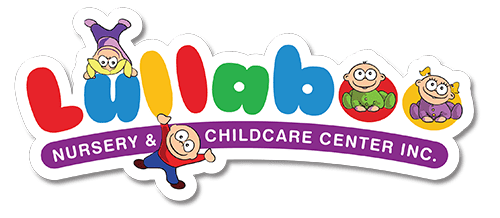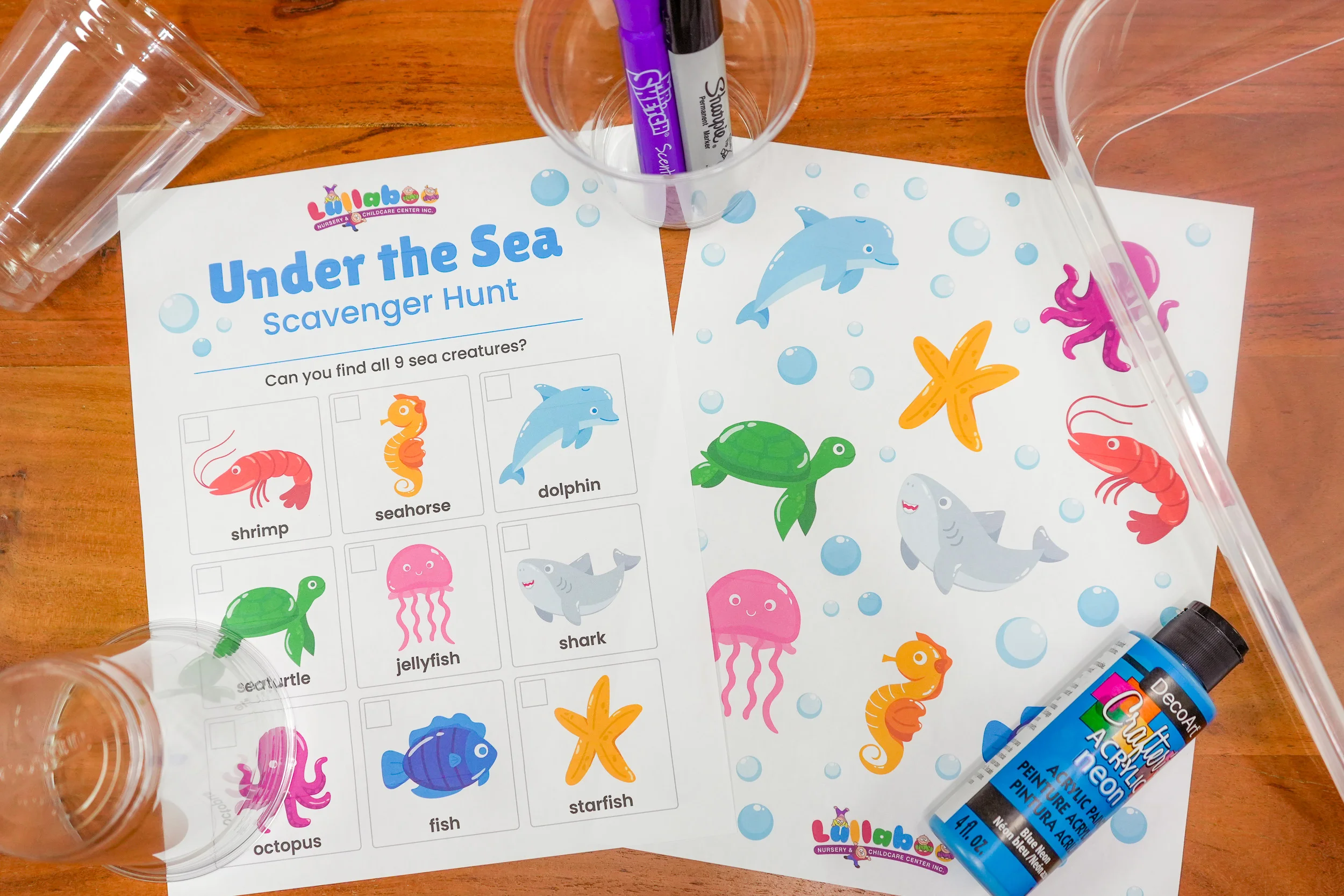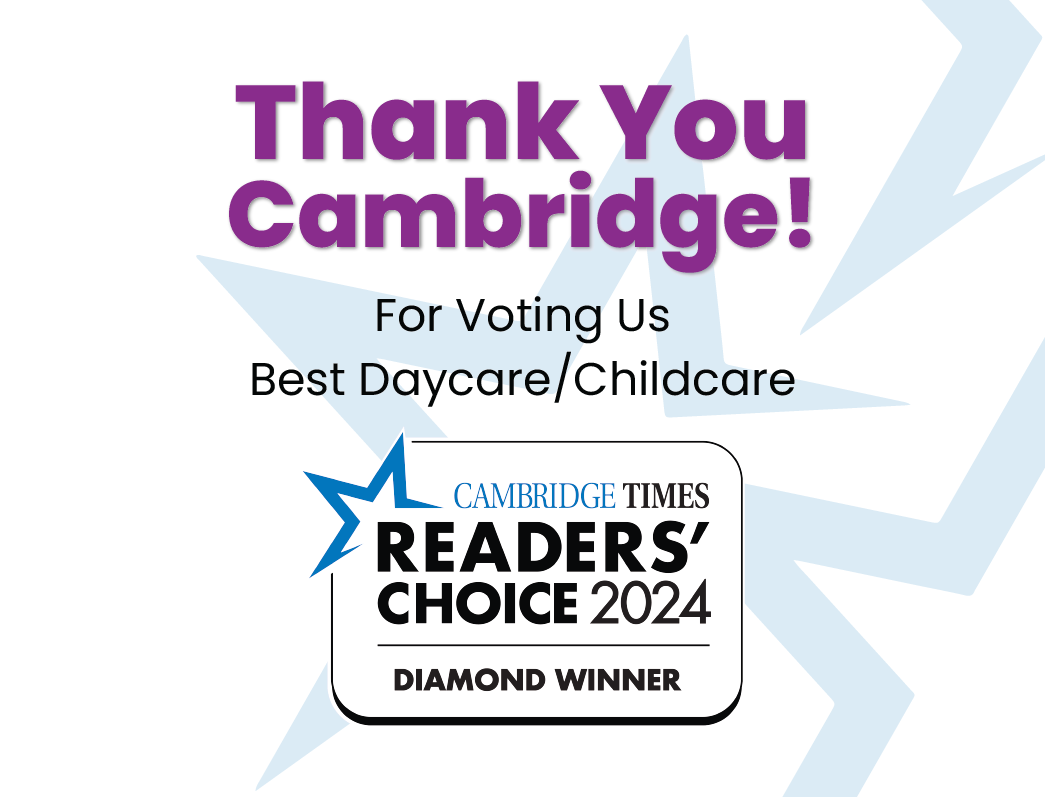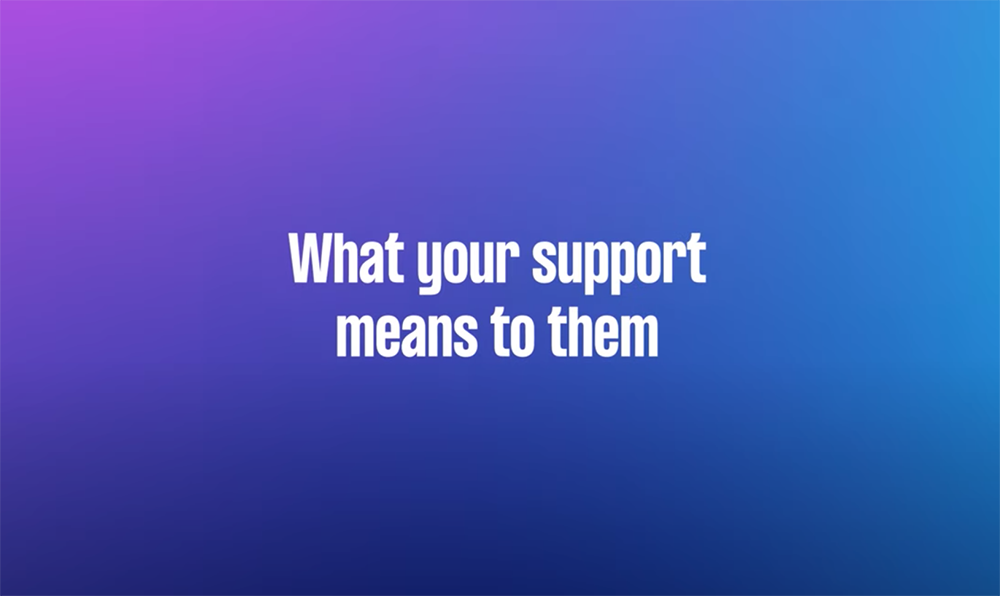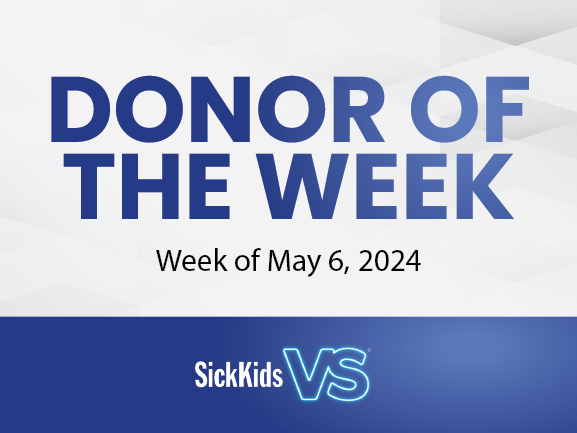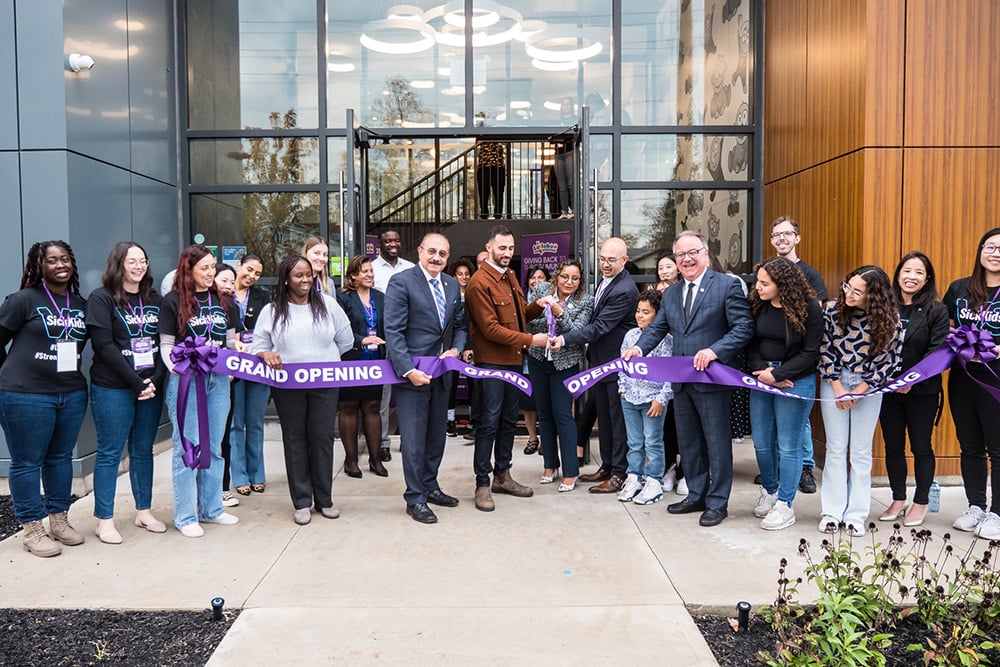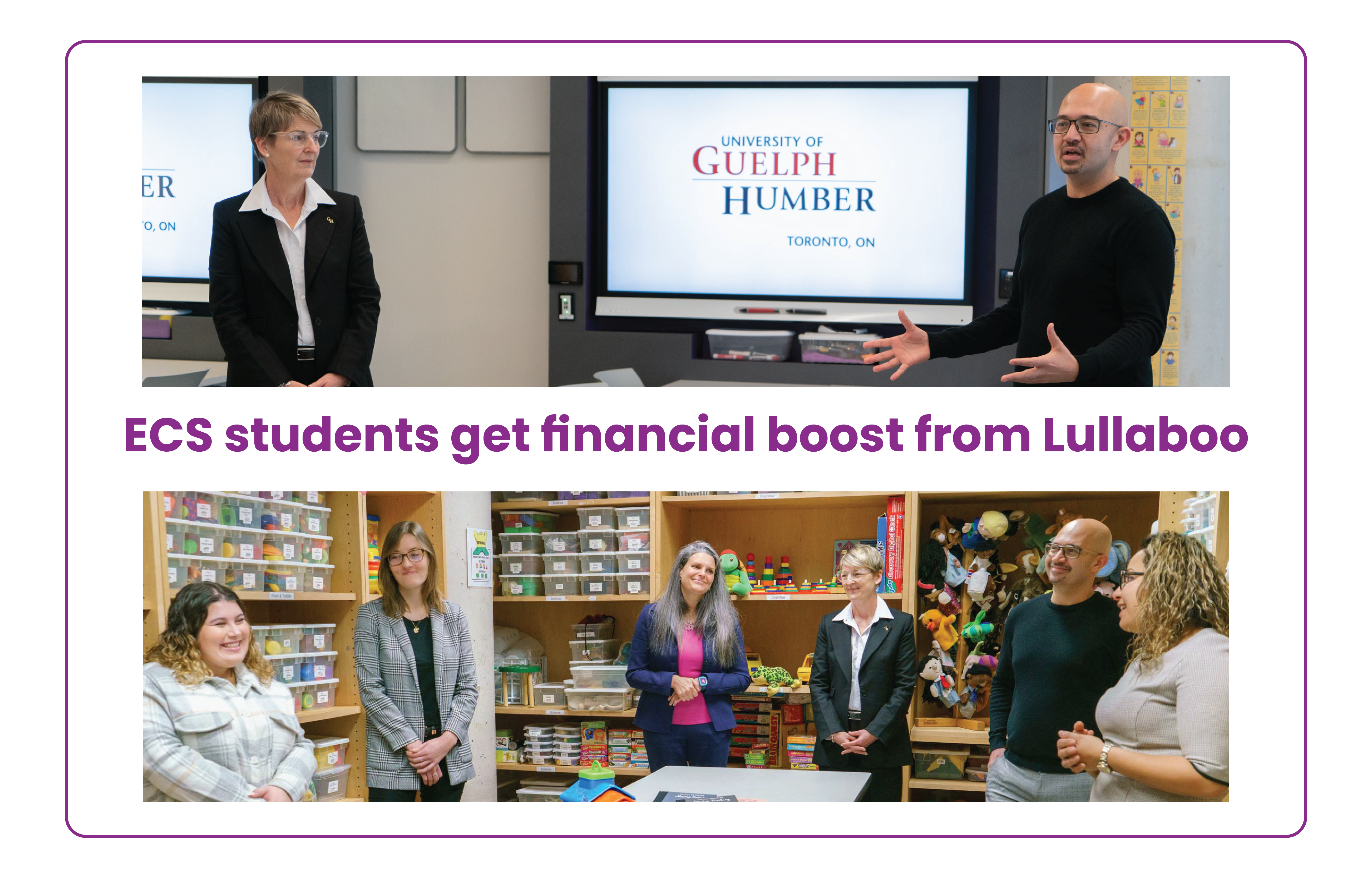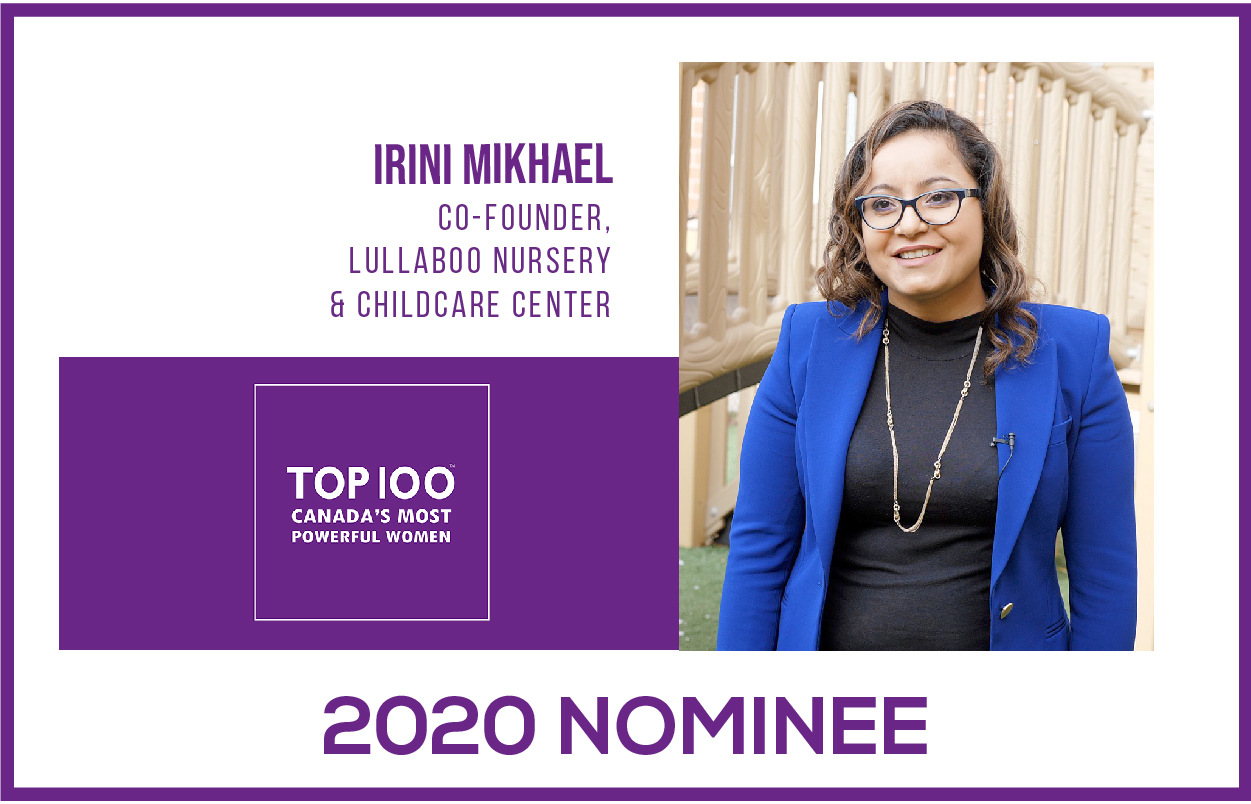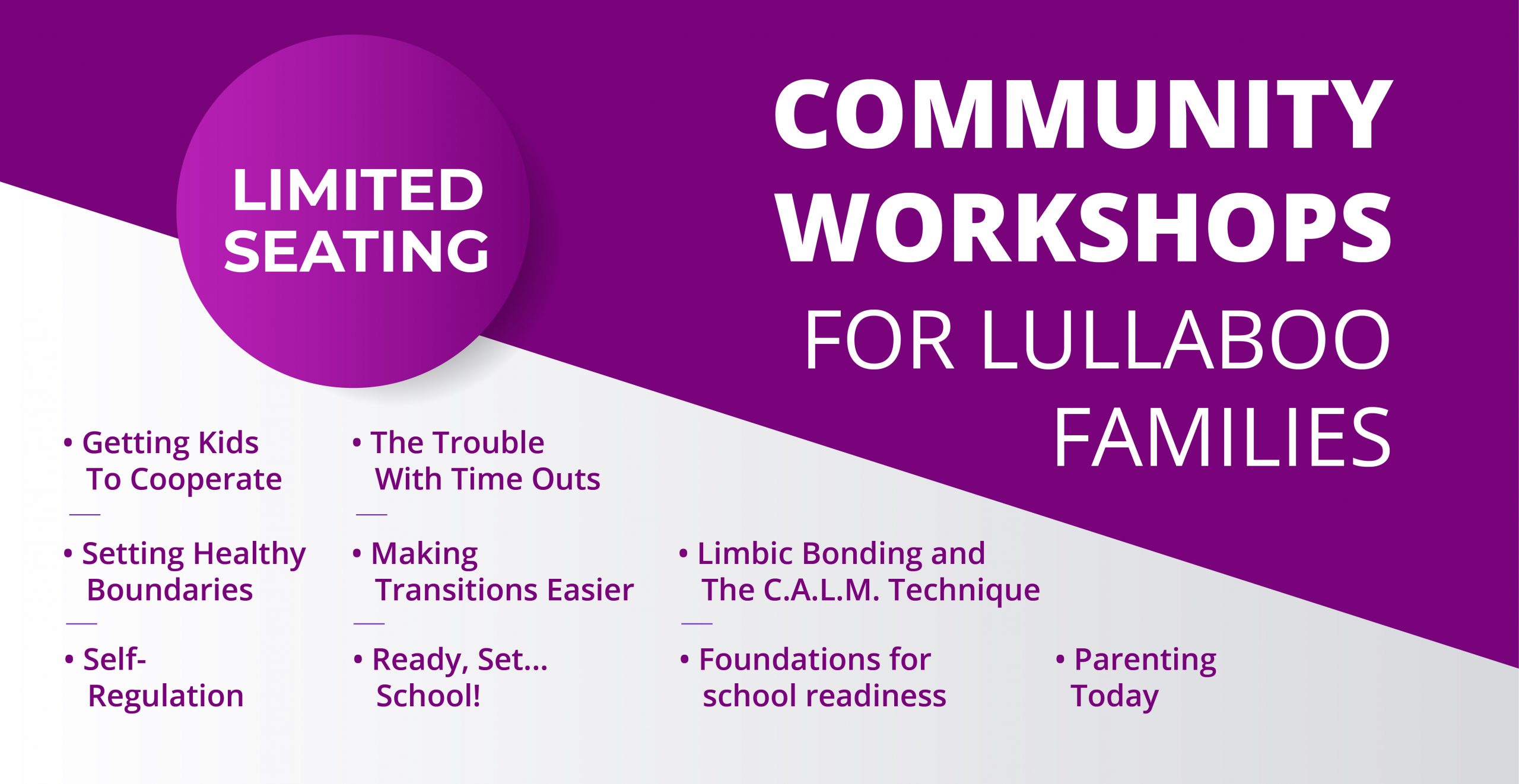It’s never too early for your children to start learning! Getting a head start on learning as an infant and toddler pays off exponentially in dividends down the line.
Babies begin to learn about the world about them almost immediately. Leaning starts long before formal education begins, and early learning continues to be built upon as your child grows and develops. It’s during these formative years that a very high proportion of learning takes place, and the intellectual, social and emotional development that occurs during the first few years of a child’s life is the most important foundation for success down the road, in school and beyond.
Remember: you are your baby’s first teacher. By giving them loving attention, you’re helping them feel more secure and more confident. You’re helping them make sense of the whirlwind of new ideas and information they’re experiencing every day. Simply by talking to them, narrating everything you and your infant are doing, singing songs and telling nursery rhymes, you’re helping them build connections in their brain and start to process the world around them.
As they get older, you can play simple games with your child to help them continue to develop. Simple recognition games – as simple as “spot the red car” or “which flower is yellow” helps them develop and learn. Indulge your child’s creativity by giving them crayons and papers; toddlers are naturally inquisitive, and you can best help them learn and develop by letting them lead the way. Their play will show you what they’re interested in, and you can use that to develop learning skills; encourage them to use toys in new and creative ways, incorporate ‘real life’ activities into their play and foster that creativity and curiosity in the world around them.
The bottom line is that studies have shown that there is nothing in the world that can replace good old-fashioned one-on-one parent-to-baby contact when it comes to stimulating your infant and toddler to grow and develop; to build connections and wiring inside their brain that helps them learn how to learn. You’re not just teaching them shapes or numbers; you’re helping them develop the skills they’ll need to learn more complex things down the line.
Bottom line? Don’t treat your child as a passive recipient. There’s nothing wrong with Sesame Street or similar things, but they can’t be a replacement for interacting with them. Talking to your baby, playing with your baby, paying attention to what interests your baby, and using those interests to foster curiosity lays down the wiring that ultimately stimulates your baby’s brain to grow and develop.
In short, time spent with your child helps boost their early learning. Boosting that learning in the first few years of your child’s life is a tremendous way to get them off on the right foot moving forward.
